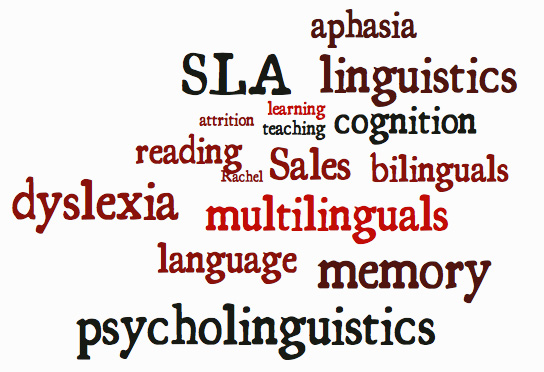[LINGUISTICS] Psycholinguistics and Writing Systems

Writing systems across the globe has been a certain fascination for me personally. By looking at Field (2003) and his definition of his idealized terms of the writing systems, I learn these definitions by which for me personally endeavors my fascination into the world of learning language. The first writing system is the alphabets, which is quite common across the globe, this is usually done with a symbol for each phoneme of the language; the next one is the syllabaries which usually formed in symbol for each syllable of the language (examples are Japanese and Mandarin); and the last one is logographic system with a symbol for each language (such as Kanji). In his book, Field discuss which one is easier to memorize or to learn, his answer was the logographic due to the nature of picture which usually interest the working memory more in the retention. However, does logographic actually define the phonemes correctly in writing?
There are stages of writing according to Field (2003: 116), these stages are Formulation (which involves planning and translating) and then, Execution (which involves programming and executing) and then lastly the Monitoring (which involves reading and editing). These stages are the processes of the human mind to produce a word in either system. In my personal concept, when a person is learning on how to write, usually the mind will have the tendency to go back to the lexical storage to find words relating to the given topics. By pointing at this, the process will not be adequate without the long-term memory to store a lot of lexical items. In short, in learning a writing skill, the brain must be able to store a lot of words while the mind must be able to put them into categories which the retraction later on would be sensible for the writing skill itself.
References
Field, J. (2003). Psycholinguistics. Routledge, USA.

